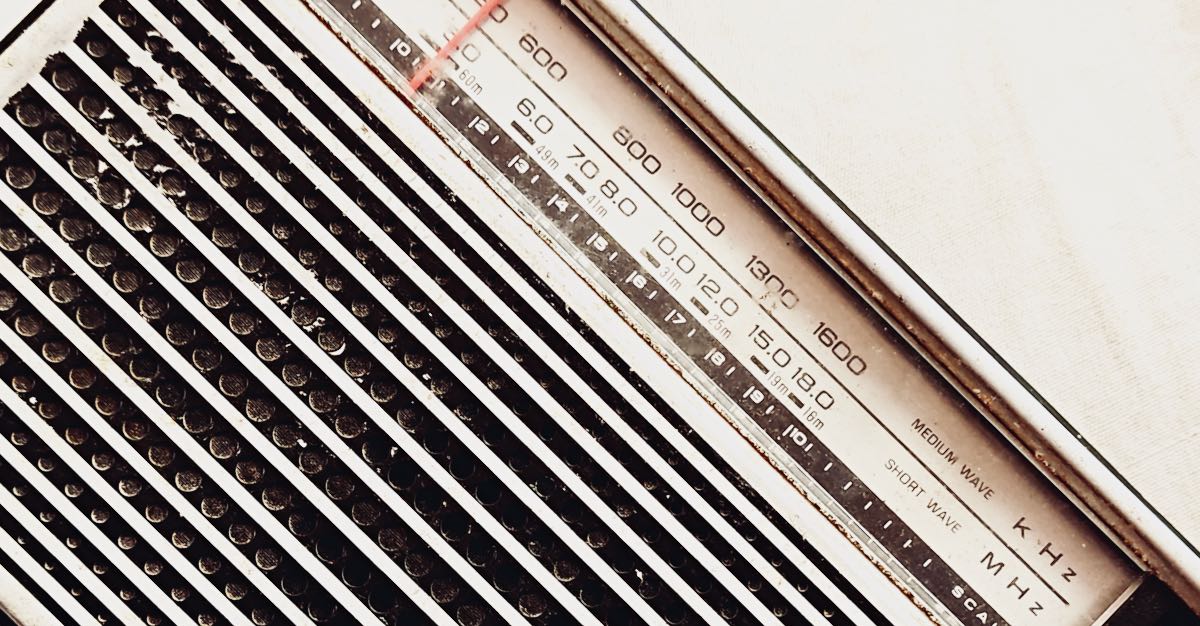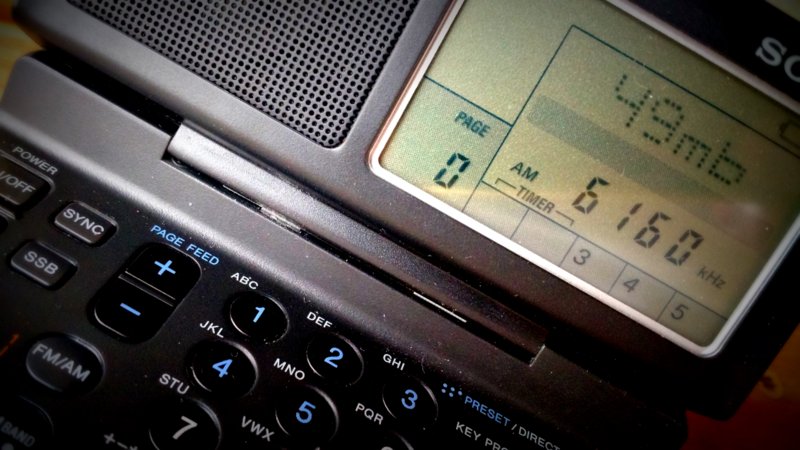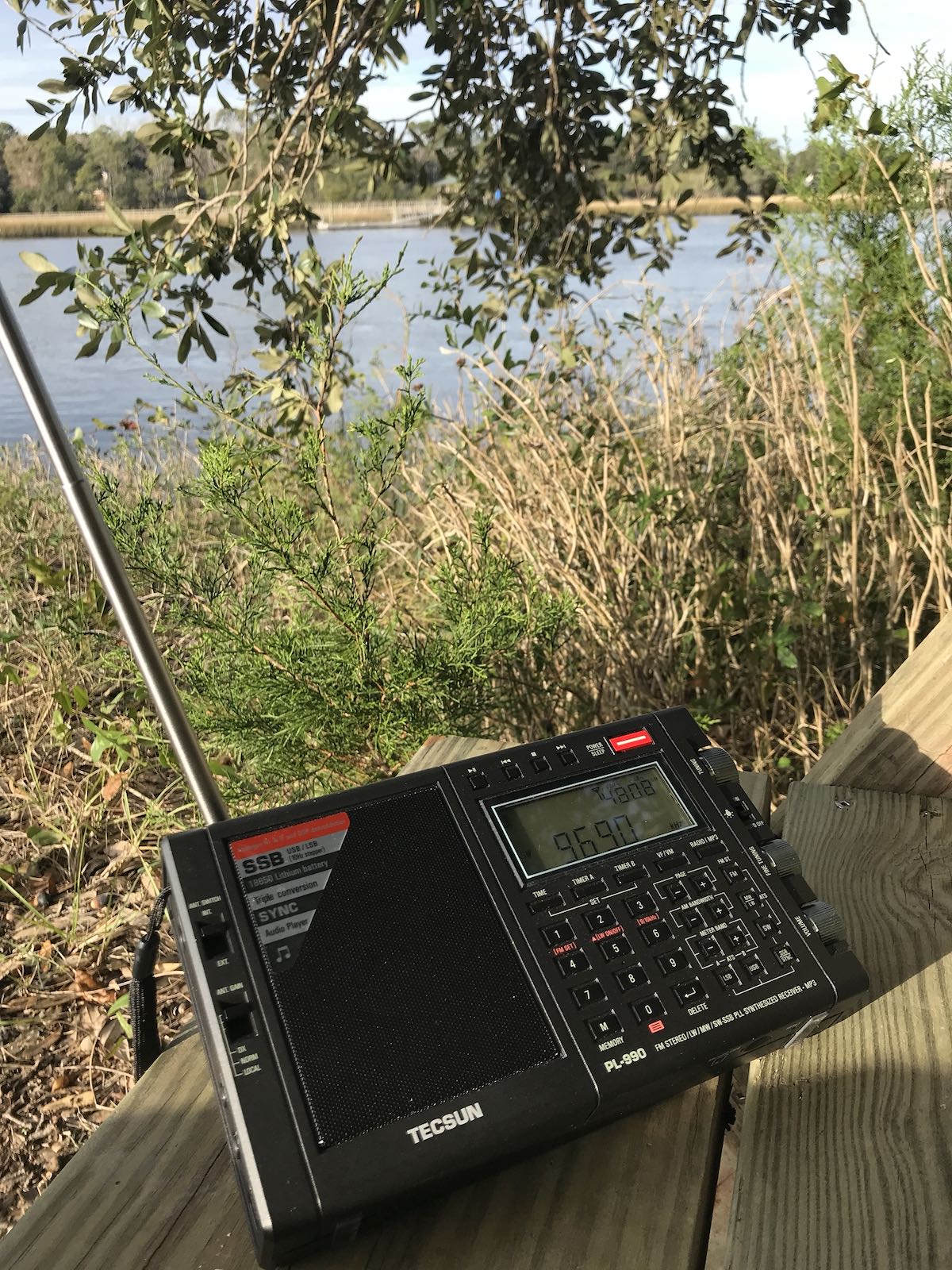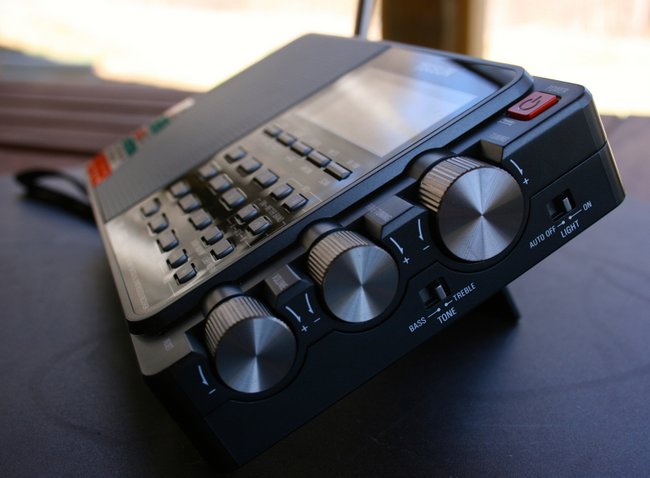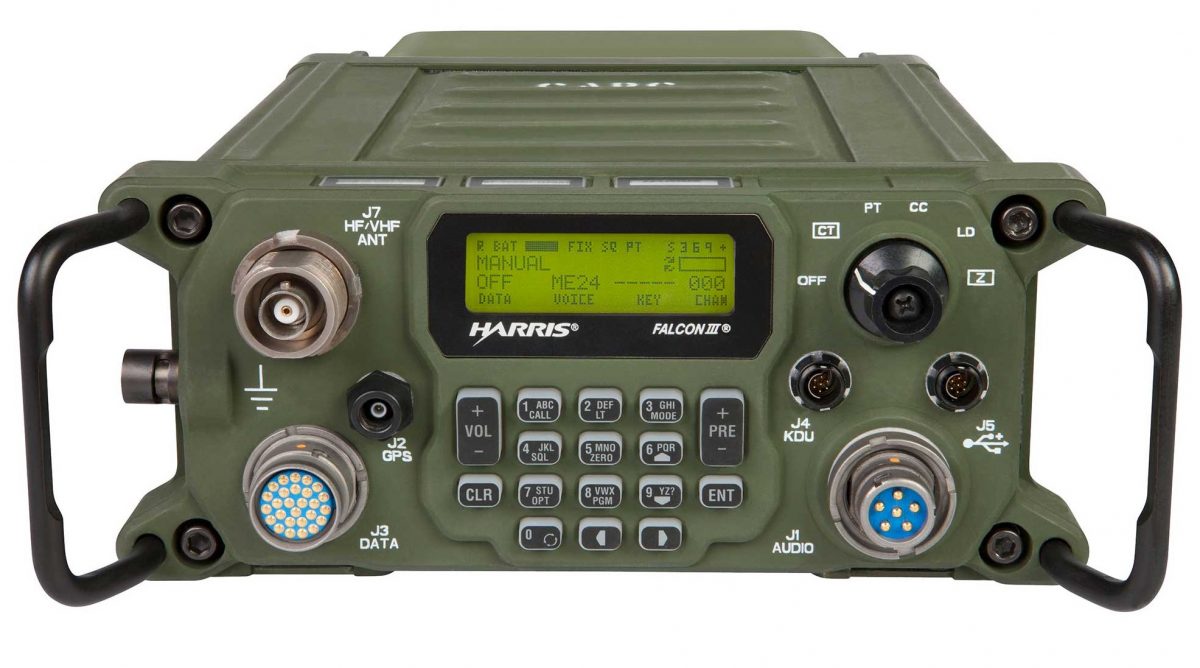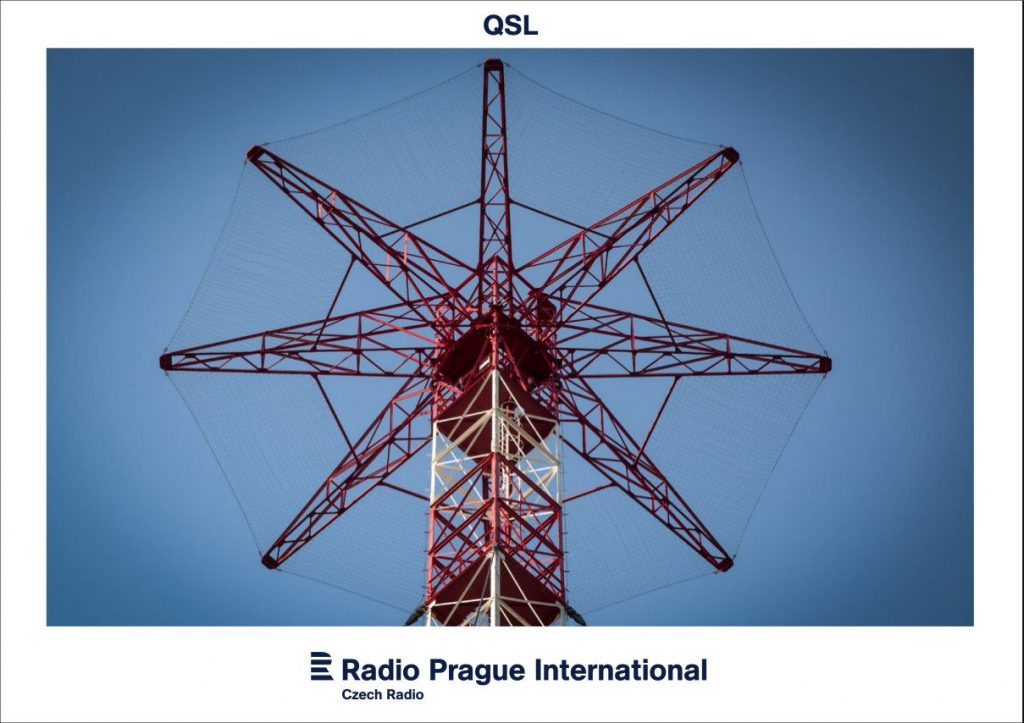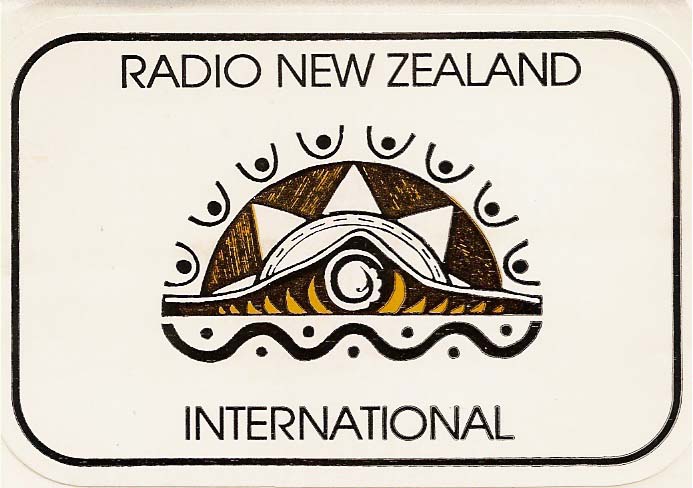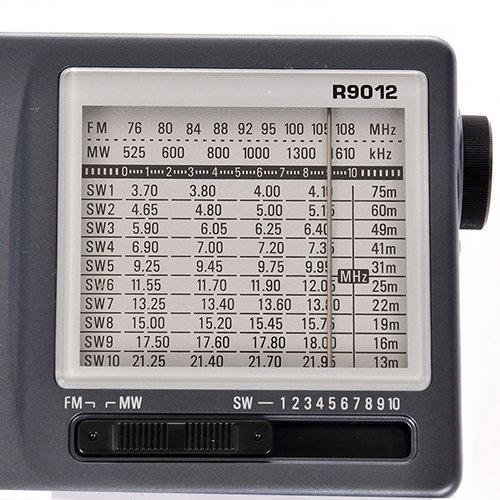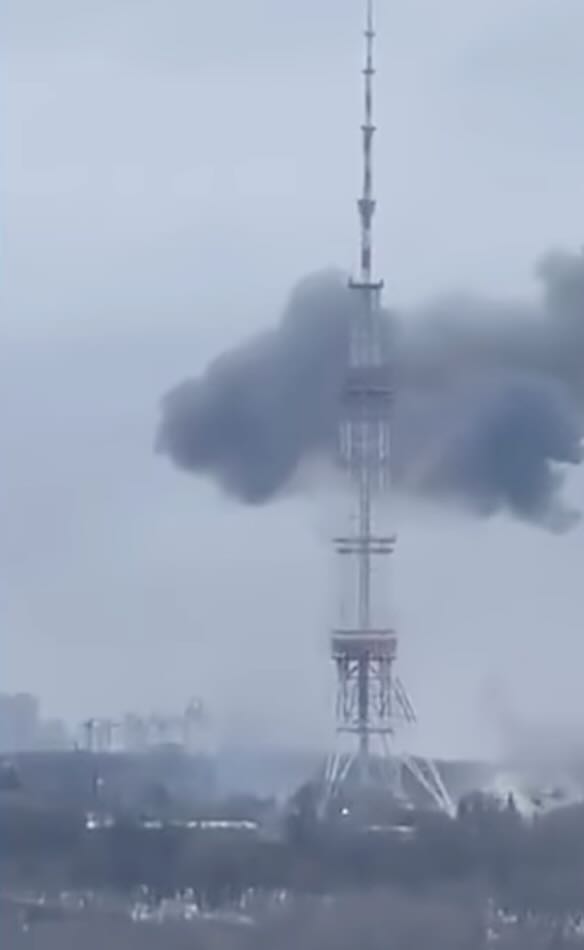
Screen shot taken from a nearby resident’s video showing missile attacks on Kiev TV tower (via YouTube)
There’s a reason why Russia disabled Kyiv’s TV tower with two missiles on the morning of March 1, 2022.
As Ukraine’s Defense minister was quoted in The Guardian: “Moscow aims to cut off communications to ‘break the resistance of the people’.”
One of the first things an invader tries to shut down is a country’s free press; traditionally, this has meant swift control of newspapers and radio. No surprise here–this is a standard part of an invader’s playbook.
These days, of course, this also includes TV and the Internet. So far, Russia’s attempts to completely cut off Internet in Ukraine hasn’t been successful, but it’s not from a lack of trying.
In fact, even within Russia social media platforms have been blocked or severely restricted to prevent the free-flow of information among its citizens. Russia has even shut down one of its oldest radio stations for not toeing the party line with Ukraine coverage.
Propaganda machines are most effective when there’s no competing sources of information.
Why shortwave radio?
Shortwave portables are accessible, affordable, and effective tools for circumventing censorship.
It’s sad that they aren’t as common as they were back in the Cold War. Most people under 40 years old have likely never used or even heard of shortwave. I mean, if so many today don’t realize that you can receive television over the air, how could we expect them to know what a shortwave radio is?
Unlike the Internet–robust and decentralized as it may be in some countries–shortwave radio can’t be controlled by any one ruler or easily shut down. Shortwave broadcasting infrastructure isn’t within reach of an invader without causing a serious international conflict.
In addition, radio listening is an amazingly covert and untraceable activity. With a good pair of earphones, you can listen to any station within range and no one will be the wiser. A radio can’t be confiscated and the owner’s listening history exported.
Smart phones, on the other hand, often have location services in play which leak user location information. Unless encryption is used, those in charge of internet services also have access to all communications that pass through the pipeline as well.
It’s not difficult for those in power to gain access to information that passes through the internet.
Don’t get me wrong: smart phones are amazing tools. They give the user access to news, social media, and instantaneous information that might help their ability to seek safety–but they require a little savvy if you don’t want to be tracked. They also need frequent recharging. Shortwave portables, on the other hand, will often last weeks if not months on one set of batteries. They allow you access to international news, and the vast majority can deliver local and regional news via FM and Mediumwave stations.
Most importantly, though? Shortwave radio is the ultimate free speech medium, as it has no regard for national borders, nor for whom is in power (or not in power) at any moment. Shortwave radio works everywhere on the planet; no matter how remote you are, you can still receive stations over shortwave.
So yeah. I think every family should have at least one shortwave radio. Especially when someone is actively trying to cut off your access to news and information.
Note to our friends in Ukraine:
The BBC has added two shortwave broadcasts to Ukraine on 5875 kHz from 8/10 UTC and on 15735 kHz from 2/4 UTC.
SWLing Post readers, please comment if you know of other new shortwave broadcasts to help those in Ukraine and Russia.

